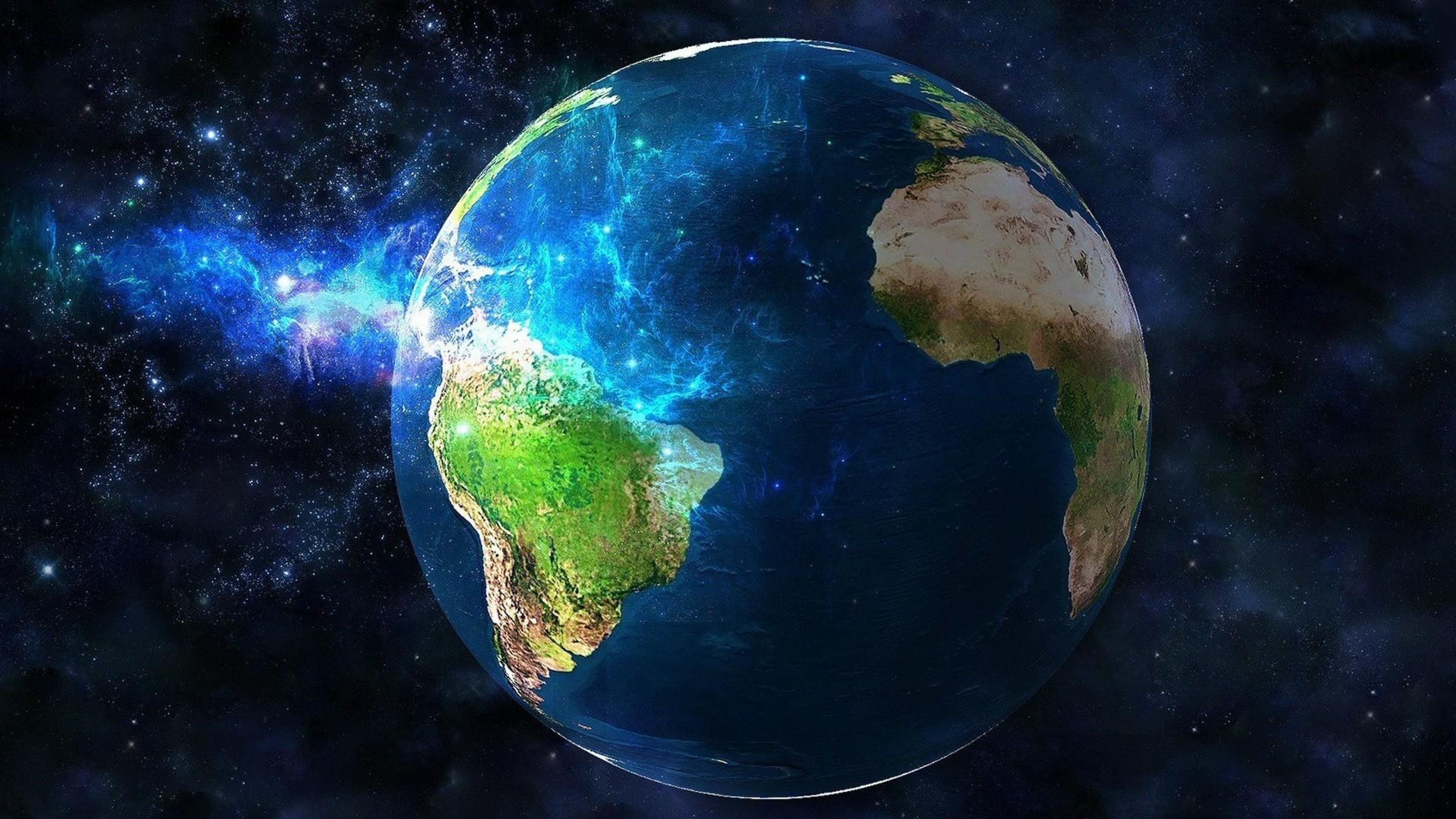Earth Clean Beauty Lawsuit - What You Should Know
The talk around "clean beauty" has gotten pretty loud lately, hasn't it? It feels like everywhere you look, brands are promising products that are good for you and kind to the planet. But as more people look closely at these claims, some serious questions are popping up. This growing interest, you know, in what's truly "clean" and "earth-friendly" is starting to lead to legal action, with an "earth clean beauty lawsuit" becoming a real possibility for some companies.
People are really trying to make better choices these days, especially when it comes to what they put on their skin and what impact their purchases have on the world around them. They want to trust that the pretty bottles and clever marketing messages are telling the whole story. When that trust feels a bit, you know, shaken, it can create a ripple effect, sometimes even reaching the courtrooms.
These sorts of legal challenges, basically, come about when there's a disconnect between what a product says it is and what it actually turns out to be. They are a way for consumers, or sometimes even other businesses, to ask for clarity and, well, accountability in a market that's otherwise pretty unregulated when it comes to terms like "clean" or "green." It's almost like a call for everyone to be on the same page.
- Anthropologie Walt Whitman
- I9 Sports Flag Football
- Miss Wv
- Doing Steel Springfield Missouri
- Durochers Monroe
Table of Contents
- What's Behind the "Clean Beauty" Trend?
- Why an Earth Clean Beauty Lawsuit Might Happen?
- The Core of an Earth Clean Beauty Lawsuit
- What Does "Earth-Friendly" Mean in Beauty?
- Impact on the Beauty Business
- How Can Consumers Protect Themselves from Misleading Earth Clean Beauty Lawsuit Claims?
- The Future of "Clean" in Beauty
- The Role of Advocacy Groups in the Earth Clean Beauty Lawsuit Landscape
What's Behind the "Clean Beauty" Trend?
There's a big shift happening in how people think about their personal care items. It's not just about looking good anymore; it's also about feeling good about what you're using, and knowing it's not hurting anyone or anything. This desire for safer, more environmentally gentle products has really picked up speed, pushing brands to, you know, change how they make and talk about their stuff.
Consumers are really trying to get a handle on what's in their lotions, shampoos, and makeup. They want to see ingredient lists that make sense, and they want to feel sure that what's inside those bottles won't cause them harm, or, for that matter, cause harm to the planet. This push for ingredient transparency is, like, a huge part of why "clean beauty" has become such a buzzword.
Words like "natural," "organic," and "sustainable" have become very popular in product descriptions. These terms, you know, tend to promise a lot, suggesting products are pure and kind to the environment. However, because there aren't always clear, agreed-upon definitions for these words across the board, what one brand means by "natural" might be quite different from another's interpretation, which can get a little confusing for shoppers.
The beauty industry, for its part, has certainly tried to keep up with this growing demand for products that meet these new expectations. Some companies have really put in the work to reformulate their items and change their practices, while others, honestly, might just be using the popular words without making big changes behind the scenes. It's a mixed bag, in some respects.
One of the biggest challenges with this whole "clean beauty" idea is figuring out what "clean" actually means. It's almost like everyone has their own definition, based on what they care about most, whether it's avoiding certain chemicals, or focusing on how ingredients are sourced, or making sure packaging is recyclable. This lack of a single, clear meaning can make things a little fuzzy for both brands and shoppers.
Why an Earth Clean Beauty Lawsuit Might Happen?
One common reason for an "earth clean beauty lawsuit" is when products are advertised with claims about ingredients that don't quite hold up. For example, if a product says it's "all-natural" but contains synthetic materials that most people wouldn't consider natural, that's a spot where issues come up. People expect honesty on the label, and if they feel misled, they might seek legal action.
Concerns about a product's environmental impact are another big driver. If a brand, for instance, makes a point of saying it's "earth-friendly" or "sustainable," but its manufacturing processes create a lot of pollution, or its packaging is really wasteful, then people might get upset. These claims, you know, carry a lot of weight with consumers who are trying to shop responsibly.
The lack of standardized definitions for terms like "clean" or "green" in the beauty space plays a pretty big role, too. Because there isn't a government body or a widely accepted industry standard for these words, basically, companies can interpret them in their own ways. This freedom can lead to confusion and, sometimes, disappointment for consumers who think they're buying one thing but get another.
Consumer protection is, you know, a core idea here. People expect what they buy to be as described, especially when health and environmental benefits are promised. When those expectations aren't met, there are legal ways to address that, and a lawsuit is certainly one of them. It's about making sure that businesses are fair in their dealings with the public.
Sometimes, a lawsuit can also come from competition among brands. If one company believes that another is gaining an unfair advantage by making exaggerated or false "clean" or "earth-friendly" claims, they might decide to take legal action. This happens when the playing field feels uneven, and a business wants to make sure everyone is, you know, following the rules, or at least being honest about their products.
The Core of an Earth Clean Beauty Lawsuit
At the heart of an "earth clean beauty lawsuit" are often accusations of false advertising or deceptive trade practices. It's about the difference between what a product's marketing says it is and what it actually turns out to be. For instance, if a brand promotes itself as "toxin-free" but includes ingredients commonly considered harmful, that's the kind of claim that can, you know, lead to legal trouble.
These cases can be brought by different groups. Sometimes, it's a collection of consumers who feel they've been misled, joining together in a class action. Other times, it might be a competitor who feels unfairly disadvantaged by another company's claims. And, you know, advocacy groups also play a part in watching out for these things, often acting on behalf of the public interest to ensure fair practices.
To win one of these cases, you usually need to show clear proof. This involves looking very closely at product labels, ingredient lists, and all the marketing materials, from website copy to social media posts. It's about demonstrating that what was promised to the consumer wasn't actually delivered, or that the claims made were, like, simply untrue.
Scientific evidence can also play a very important role. Sometimes, you need experts to show that a specific ingredient isn't as "clean" as advertised, or that a company's production process isn't as "earth-friendly" as it claims. This might involve lab tests, environmental impact assessments, or expert testimony to back up the legal arguments, which can be pretty involved, honestly.
How these cases often aim to make things right isn't just about getting money. While financial compensation for affected consumers can be part of it, these lawsuits often also seek to get companies to change their ways. This might mean forcing them to alter their product formulations, update their labels, or be more honest about their marketing messages. It's about pushing for greater integrity in the beauty business, you know, for everyone's benefit.
What Does "Earth-Friendly" Mean in Beauty?
When we talk about "earth-friendly" in beauty, one of the first things to consider is where the ingredients actually come from. Is the sourcing done in a way that respects the natural environment, or, you know, does it cause harm through deforestation or over-harvesting? Ethical and sustainable sourcing practices are a big part of this idea, ensuring that the planet's resources aren't depleted for our beauty routines.
Then there are the manufacturing processes. How are the products made? Are there a lot of waste products generated, or is it done in a way that tries to be gentle on the environment, perhaps by using less water or energy? Companies that are truly "earth-friendly" usually try to minimize their environmental footprint throughout the entire production cycle, which is, like, a big undertaking.
Packaging considerations are also very important. Is the packaging recyclable, or even better, reusable or refillable? Is it made from materials that don't, you know, stick around in landfills for hundreds of years? The shift away from single-use plastics and towards more sustainable packaging options is a key indicator of a brand's commitment to being truly kind to the earth.
What happens when you're done with the product? This might seem like a small point, but it matters a lot. Does the product itself, once it goes down the drain, break down safely without harming aquatic life or ecosystems, or does it add to pollution? Thinking about the end-of-life cycle for beauty products is a pretty significant part of being genuinely "earth-friendly."
The overall carbon footprint of a company is also something to think about. This is almost like a measure of how much a brand contributes to climate change through its operations, from getting raw materials to shipping finished products. Companies that are serious about being "earth-friendly" often work to reduce their greenhouse gas emissions, showing a real dedication to the planet, too.
Impact on the Beauty Business
An "earth clean beauty lawsuit" can mean that brands might need to really rethink how they talk about their products. This means being extremely careful with words like "natural," "organic," or "sustainable," you know, making absolutely sure they can back up every single claim they make. It pushes them to be more precise and honest in their marketing messages, which is a good thing for everyone.
There's also likely to be more scrutiny from consumers. People are getting smarter and more informed about what they buy, and they're checking labels and company claims more closely than ever before. This increased awareness means brands can't just throw around buzzwords without expecting people to, like, do their homework and question things.
These legal challenges could potentially lead to new industry standards. When lawsuits happen, especially those that highlight a lack of clear definitions, it sometimes pushes the whole industry to, you know, come together and agree on what certain terms actually mean. This could bring more clarity and consistency to the "clean beauty" market, making it easier for both brands and shoppers.
For companies, facing an "earth clean beauty lawsuit" can come with significant financial costs. It's not just about the legal fees, which can be substantial; there's also the potential for having to pay out large sums if they lose the case or if they decide to settle. These costs can be a real burden, especially for smaller businesses, which is something to consider.
Perhaps most importantly, a lawsuit, especially one concerning "earth clean beauty lawsuit" claims, can really hurt how people see a brand. Trust is a very big deal in the beauty business; it's what keeps customers coming back. If that trust is broken due to misleading claims, it can take a long, long time, if ever, for a brand to recover its reputation, which is pretty serious, actually.

ESA - 10 remarkable facts about Earth

Planet Earth Desktop Wallpaper (77+ images)

Google Earth launches 'Voyager', a new feature packed with tours around